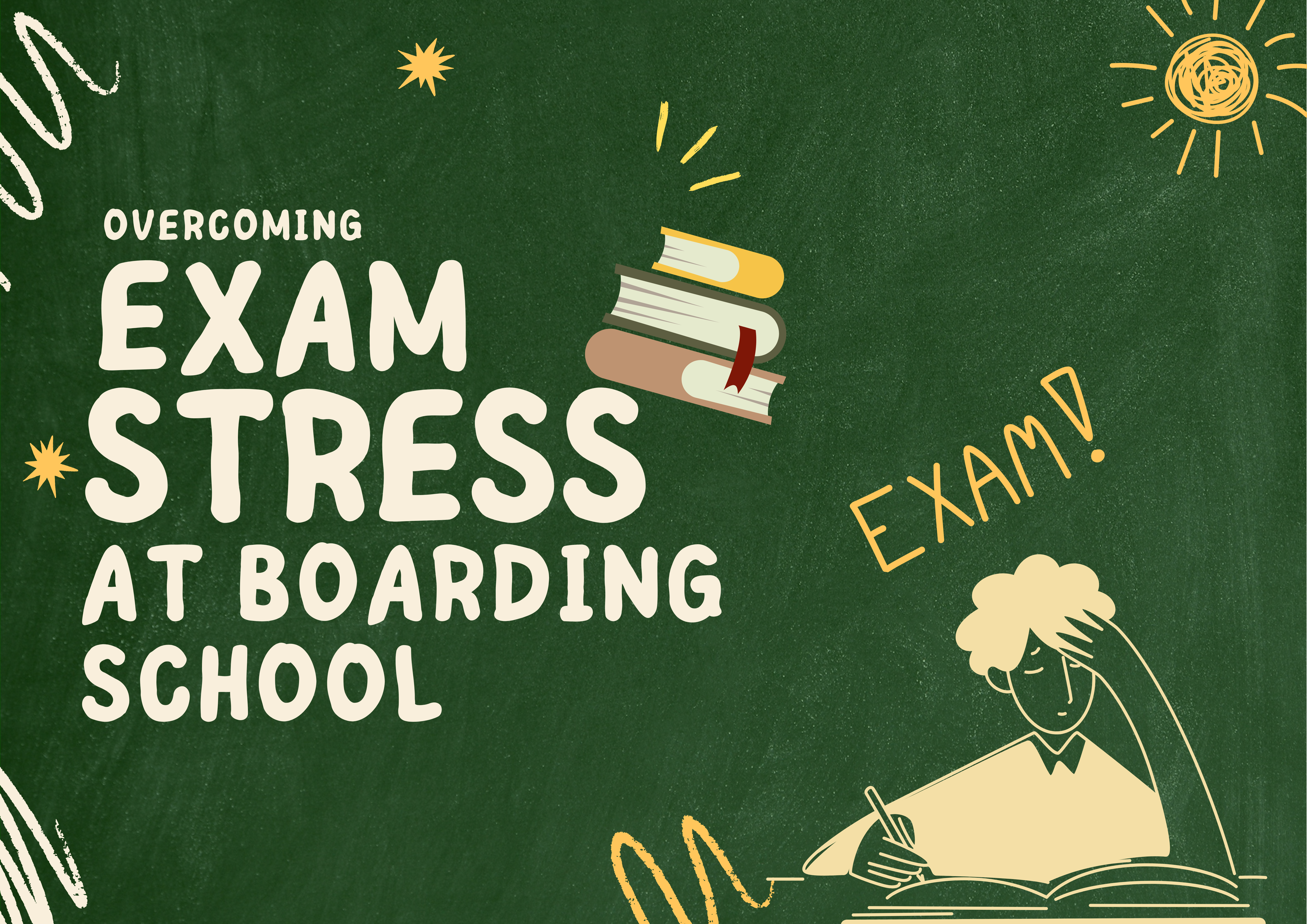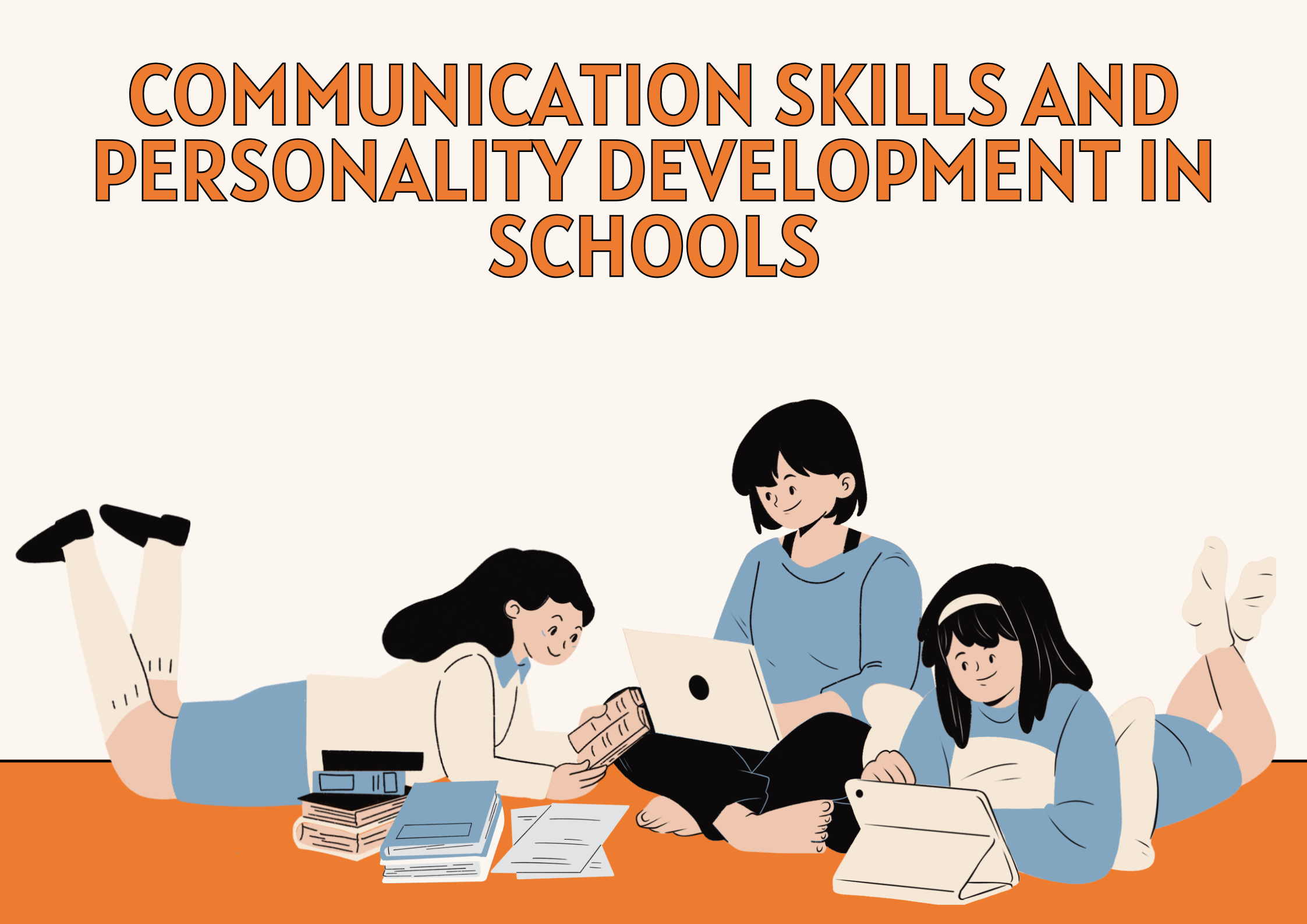Exam stress is a common challenge for students, especially those in boarding schools. The pressure to perform well, coupled with being away from home, can make this period overwhelming.
However, with the right strategies, students can manage exam stress effectively and stay focused. This guide provides expert-backed tips to help boarding school students overcome exam stress and perform their best.
Understanding Exam Stress

Exam stress is a natural response to academic pressure. While a little stress can motivate students to study, excessive stress can lead to anxiety, sleep issues, and a decline in performance. Common signs of exam stress include:
- Feeling anxious or overwhelmed
- Difficulty concentrating
- Changes in appetite and sleep patterns
- Physical symptoms like headaches and nausea
- Negative thoughts and self-doubt
If you notice these symptoms, it’s important to take action early to prevent burnout.
The Impact of Exam Stress in Boarding Schools

Boarding schools provide a structured learning environment but also come with unique challenges. Being away from family support, adjusting to strict schedules, and handling peer competition can intensify exam stress.
In boarding schools in Dehradun, for example, students often feel pressured to meet high academic expectations while managing their personal well-being.
To succeed in such environments, students need effective stress management strategies that enhance focus and mental resilience.
Expert Tips to Overcome Exam Stress

1. Plan and Prioritize Your Studies
A well-structured study plan reduces last-minute cramming, which is a major cause of exam stress. Follow these steps:
- Create a realistic study timetable covering all subjects.
- Break topics into manageable sections.
- Use active learning techniques such as summarization, flashcards, and self-quizzing.
Organized preparation helps reduce anxiety and boosts confidence.
2. Adopt Healthy Study Habits
Studying effectively is not just about the number of hours spent with books. It’s about the quality of study sessions. Follow these tips:
- Use Pomodoro Technique: Study for 25-30 minutes, then take a 5-minute break.
- Change study environments occasionally to avoid monotony.
- Use past papers to familiarize yourself with exam formats.
3. Practice Relaxation Techniques
Managing exam stress requires mental and physical relaxation. Here are some effective techniques:
- Deep Breathing: Inhale for 4 seconds, hold for 7 seconds, and exhale for 8 seconds.
- Progressive Muscle Relaxation: Tense and relax different muscle groups to relieve stress.
- Mindfulness Meditation: Stay present and avoid overthinking about exams.
Incorporating these techniques into daily routines can significantly reduce stress levels.
4. Maintain a Healthy Lifestyle

A well-balanced lifestyle plays a crucial role in managing exam stress. Ensure you:
- Eat Nutritious Meals: Avoid excessive caffeine and junk food. Opt for brain-boosting foods like nuts, fruits, and whole grains.
- Exercise Regularly: Physical activity, even a 20-minute walk, releases stress-relieving hormones.
- Get Quality Sleep: Aim for at least 7-9 hours of sleep for better concentration and memory retention.
5. Seek Support When Needed
Talking to someone can help reduce the burden of exam stress. If you’re feeling overwhelmed:
- Speak to a teacher or mentor for guidance.
- Reach out to friends for peer support.
- Contact school counselors if anxiety becomes too intense.
Remember, you don’t have to face exam stress alone—seeking support is a sign of strength, not weakness.
6. Stay Positive and Avoid Comparisons
Negative self-talk increases anxiety. Instead of thinking, “I can’t do this,” try saying, “I am prepared, and I will do my best.”
Additionally, avoid comparing your progress with others. Everyone has a unique study pattern—focus on your own improvement rather than competing with peers.
Conclusion
Exam stress is manageable with the right approach. By planning studies, maintaining a balanced lifestyle, and seeking support when needed, students in boarding schools can navigate exams with confidence.
Remember, exams are just one part of your academic journey—stay calm, stay prepared, and give your best effort.










